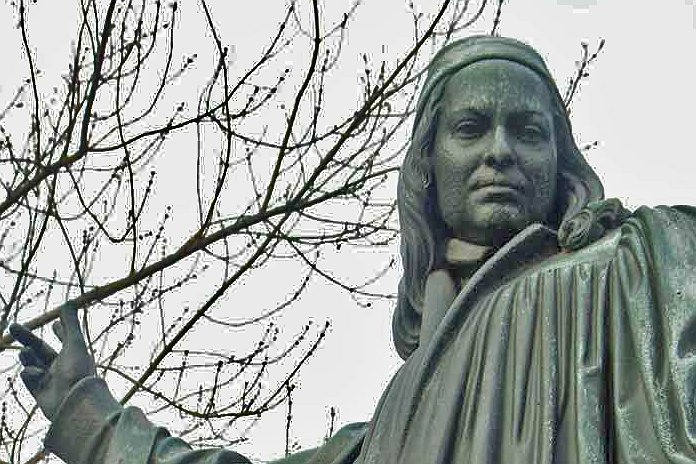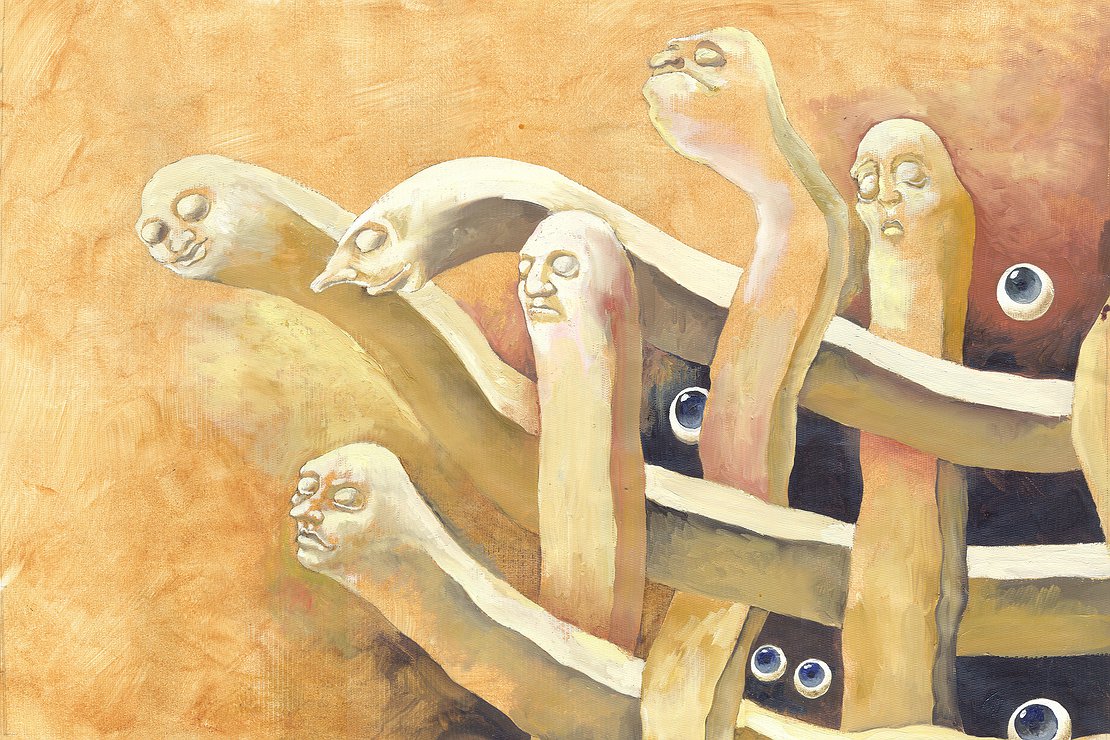
Education policy:Development of Schools Without State Would Have Been Possible
Orphanages, which the children themselves build, alongside schools and workshops, where they work for their upkeep and at the same time are trained to be skilled workers; work houses, in which poor but honest ‘passers-by’ can find work and use their hands and feet, where fraudulent beggars are kept away – this goes against the Zeitgeist and spirit of the modern welfare state. Child labour should be outlawed and welfare benefits are an unconditional entitlement, according to the current credo.
Pastor and professor of Greek and oriental languages in the Faculty of Theology of the University of Halle, August Hermann Francke (1663-1727), founded an orphanage in 1698 with donated capital. In the years that followed it developed into a small town with several thousand inhabitants, a successful venture that included not only homes for orphans and the poor, schools and workshops, but also the most modern hospital in the region, and a pharmacy in which, among other things, a ground-breaking remedy for typhus was manufactured and exported throughout Europe. There was also a printing house, where Bibles were printed and distributed in Greek, Hebrew and Ethiopian, as well as in Slavic languages. The Francke Foundations in Halle (formerly the Glaucha Institutions) still exist today. These historical buildings are on the German proposal list of UNESCO World Heritage Sites.
Francke is best known not as the founder of (Halle) Pietism, but rather as its most important theologian and exponent. Pietism was an evangelical piety movement at the end of the 17th century and beginning of the 18th century. Pietism combined an insistence on strict Christian discipline and asceticism with a pragmatic approach to trade and industry (including the concession of allowing interest to be earned), which made it a prime example of Max Weber’s not altogether unproblematic theory, that the ‘spirit of capitalism’ is expressed in Protestantism. The Pietists also had a pragmatic approach to theological dogma. Accordingly, they recognised Luther’s doctrine of justification against Catholicism, which states that God’s grace cannot be attained through ‘good works’, and yet they encouraged ‘good works’, through which God’s grace may be revealed.
Francke was no anarchist, as were the in some ways similar Quakers in the northern American colonies. He enjoyed very good relations with the king and his ministers, who viewed his foundation sympathetically, supported it and conferred it certain tax and business privileges. Francke’s foundations were also in close contact with the newly founded University of Halle. He condemned the immoral behaviour of the ruling classes, but didn’t challenge their legitimacy per se. As long as they conformed strictly to Christian disciplines, he saw no difficulty. In retrospect, however, his apolitical attitude is staggering and, transposed to the modern day, quite revolutionary. This attitude is apparent, for example, in a brochure that he published in 1704, appealing for further donations and capital investments for his foundations.
The brochure had the rather unspectacular title: ‘Extended Essay’, which the publisher of Francke’s complete works only gave to it posthumously. (Originally there was no collective title, but rather separate titles for the three parts, that were however sent and distributed together to interested parties.) The brochure is structured in such a way that the first part reveals the lamentably un-Christian state of society at that time. The second part depicts the successes achieved in the Francke foundations and the university. (He discusses them without distinguishing between the completely different institutional natures of the two establishments: the foundations were private and the university was public.) He then explains in detail why further money and support are necessary. Finally he exhorts the reader to contribute to the expansion of the foundations and to the setting up of university scholarships. This could be through donating, collaborating or investing capital. There are two sensational points concealed in the brochure, one technical and one content-related.
The technical sensation in Francke’s ‘Extended Essay’ is that he, unlike Luther or Calvin, doesn’t call upon the state to step in and help Christian morality by setting up and maintaining public schools and almshouses. Even when he appeals specifically to the nobility, princes and others in official positions, as he does in a few places, he appeals to them as individuals, not as executors of public duties. Nor does he say anywhere that although his foundations are private, it is ‘really’ the duty of the authorities to perform or arrange charitable works.
The content-related sensation in the ‘Extended Essay’ is well concealed, as is the technical one. Although the single focus of Francke’s argument is always to teach orphans and the poor Christian discipline, this is done (as it appears, almost shamefacedly, between the lines) chiefly by teaching them practical crafts. The method, writes Francke, is to teach the children only ‘those things that will one day be useful to them’. Francke is so successful with this approach, that gradually also parents are keen to send their children to his schools. Francke allows this and they pay school fees based on their ability to pay. With his method, Francke established the German secondary (middle) school system, including vocational schools and science-oriented grammar schools.
This is particularly remarkable, when compared to the education policy of Wilhelm von Humboldt, some hundred years later. Although Humboldt, as a classical liberal, ‘theoretically’ rejected state interference in educational and scholastic matters, his position on education policy led him straight in the opposite direction. Humboldt had a low opinion of utility (‘aims’) as a criterion for education. For him, education had to be ‘human education’ and it was imperative for it to be kept away from any consideration of (economic) usefulness. This is the meaning of the term ‘general education’ (as opposed to subject-specific or vocational education). I can’t help smiling when from time to time ‘general education’ is ideologically quoted as the useful or even indispensable basis for economic success, which it most definitely never should be. However, as parents (and children) have asked and continue to ask for education primarily under the consideration of (economic) usefulness, as among others the Francke Foundations show, the liberal Humboldt had to rely on the state to implement his vision of education policy, while the completely unrebellious August Hermann Francke was able to rely on the power of parents’ and children’s discernment. He needed nothing but voluntary demand, and for the orphans and poor, nothing but voluntary donations and investors.
It is therefore not surprising that the state university education system has always preferred Humboldt over Francke.
Translated from eigentümlich frei, where the original article was published on 7th June 2017.




